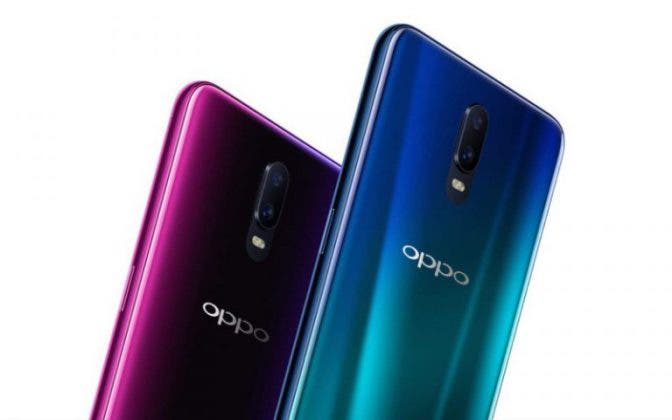A few weeks ago, ULMark, developer of the popular 3DMark and PCMark tools, eliminated two smartphones from the Chinese brand Oppo – Oppo Find X and Oppo F7 – from the results of their benchmarks.
The reason that led ULMark to make this decision was to discover that Oppo smartphones artificially increase phone performance by detecting the execution of benchmark applications by name.
Now, the company has recognized that its “systems optimization strategy includes the detection of application software package names.”
However, it states that this is only one aspect of a “multidimensional system optimization strategy that also detects frame rate, touch operations, file read/write operations, sound reproduction, network use, power consumption, temperature and CPU / GPU load in real time”.

In any case, OPPO has decided to “cancel the detection of package names for the benchmarks” In the future, the company explains, the system resources will be allocated only according to the request of the application.
In addition, the firm has revealed that it will give users access to the Performance mode that significantly increases performance, although we assume that it does so at the cost of high battery consumption and heating.
To conclude, Oppo claims its in-house developed performance optimization is the culprit for the disparity between benchmark scores. When the phone recognizes graphic-intensive apps (games/benchmarks), it allows the phone to run at its normal level of performance — not at an overclocked rate. Instead, when the phone fails to recognize a game/benchmark app, it runs in its power-saving mode.





